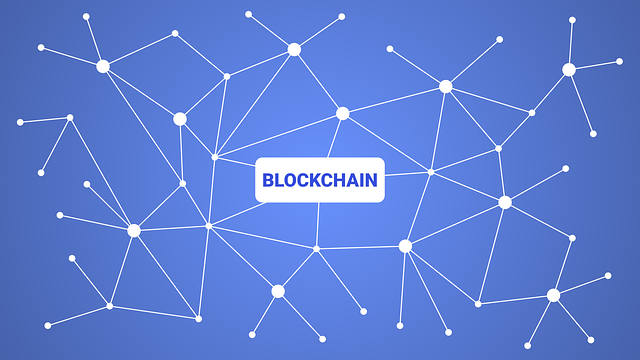The Mining Process
The mining process begins with miners selecting a list of pending transactions from the mempool (memory pool). They then bundle these transactions into blocks and compete with other miners to solve the mathematical puzzle. The first miner to solve the puzzle and validate the block receives a reward in cryptocurrency.
The Concept of Cryptocurrency Mining: Decoding the Digital Gold Rush

In the world of cryptocurrencies, mining plays a crucial role. It is the process through which new digital coins are created and transactions are verified. By utilizing powerful computer hardware, miners compete to solve complex mathematical problems, contributing to the security and efficiency of blockchain networks.
Discover More about the World of Cryptocurrencies
If you're interested in learning more about cryptocurrencies and blockchain technology, check out the following articles:
The Basics of Cryptocurrency Mining
Cryptocurrency mining involves using computational power to solve complex mathematical equations. These equations validate transactions and add them to the blockchain ledger, ensuring transparency and security. Miners use specialized hardware, such as ASICs (Application-Specific Integrated Circuits) or GPUs (Graphics Processing Units), to undertake this computationally intensive task.
The Purpose of Mining
Mining serves multiple purposes within the cryptocurrency ecosystem. Firstly, it enables the creation of new coins, incentivizing miners to dedicate their resources to the network. Additionally, mining secures the network by confirming the validity of transactions and preventing double spending. Miners also play a critical role in maintaining network consensus, ensuring that all participants agree on the state of the blockchain.
Mining Rewards
The rewards for mining vary depending on the cryptocurrency being mined. Bitcoin, for instance, follows a halving mechanism where the block reward is reduced by half approximately every four years. Initially, miners received 50 BTC for each block they validated, but currently, the reward stands at 6.25 BTC. Apart from the block reward, miners may also earn transaction fees for including transactions in their blocks.
The Impact of Mining on the Environment
As mining requires substantial computational power, it consumes a significant amount of energy. This has raised concerns about the environmental impact of mining, particularly due to the reliance on non-renewable resources. However, efforts are being made to develop more energy-efficient mining techniques and explore alternative consensus algorithms to mitigate these concerns.